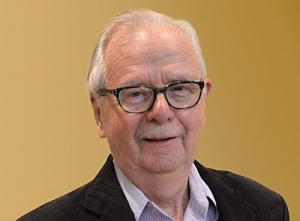An Evolving Answer
Mr. Kenneth Costello is Regulatory Economist/Independent Consultant. He has conducted extensive research and written on a wide variety of topics related to the energy industries and public utility regulation.
oters in eleven states elect Public Utility Commissioners. Except for two of the other states, the Governor appoints Commissioners with the consent of the legislature.

The main obligation of Commissions is to ensure the availability and reliability of utility services and that the rates and conditions for those services are fair, just, and reasonable for all utility customers. The question addressed in this article is whether an appointed or elected Commission would better advance those goals, which are in the public interest.
The Core Issue
How would the selection method affect the odds that Commissioners will act out of self-interest and other reasons external to the public interest? What incentives do they face under each selection method? What capabilities do they have to make good decisions on highly technical issues?
These are the basic questions that any analysis should ask when examining what selection method is preferable from the perspective of the public good. The relative merits of appointment and electoral systems becomes an empirical question that requires, among other things, knowing what exactly an analysis should test.

